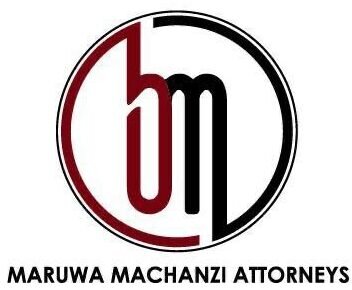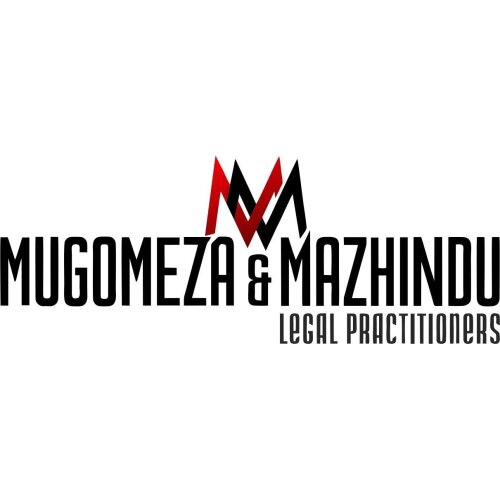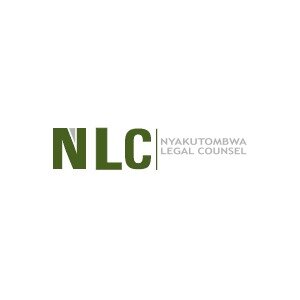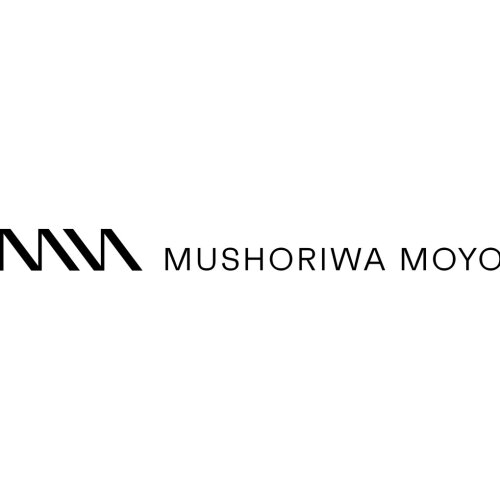Best Structured Finance Lawyers in Harare
Share your needs with us, get contacted by law firms.
Free. Takes 2 min.
List of the best lawyers in Harare, Zimbabwe
About Structured Finance Law in Harare, Zimbabwe
Structured finance in Harare, Zimbabwe refers to the creation of complex financial products or transactions intended to meet specific client needs, reduce risks, and increase efficiencies. These structures often involve pooling financial assets and using instruments such as securitizations, asset-backed securities, and syndicated loans. Zimbabwe has seen a rise in structured finance activities as corporations, local authorities, and financial institutions look for more flexible funding solutions in an evolving economic environment. Regulatory oversight and compliance are important aspects of these transactions due to their complexity and potential market impact.
Why You May Need a Lawyer
Legal advice is crucial in structured finance due to the sophisticated nature of these transactions. Common scenarios where legal assistance becomes essential include:
- Negotiating and drafting structured loan agreements
- Advising on asset securitization and debt issuance
- Structuring financing for public infrastructure projects
- Ensuring compliance with Zimbabwean regulations and exchange control requirements
- Mitigating risks of cross-border transactions involving foreign currency
- Advising on restructuring and debt recovery in distressed situations
- Representing clients in disputes or litigation related to structured products
Local Laws Overview
Structured finance transactions in Harare are primarily governed by a combination of Zimbabwean financial, banking, securities, and corporate laws. Key legislative frameworks and regulations include:
- The Banking Act which regulates banks and deposit-taking activities
- The Reserve Bank of Zimbabwe Act and associated Exchange Control Regulations, especially for transactions involving foreign currency or offshore parties
- The Securities and Exchange Act, which impacts securitization and instruments issued on public capital markets
- The Companies and Other Business Entities Act which governs corporate structures, special purpose vehicles (SPVs), and company administration
- Tax regulations addressing the treatment of financial instruments, with advice needed on withholding tax, VAT, and capital gains
- Contract law and commercial law principles, which underpin the enforceability of agreements
Other industry guidelines and directives issued by regulatory authorities such as the Reserve Bank of Zimbabwe (RBZ) and the Securities and Exchange Commission of Zimbabwe (SECZ) may also apply, especially regarding reporting, disclosure, and licensing requirements.
Frequently Asked Questions
What is structured finance in the context of Zimbabwe?
Structured finance in Zimbabwe involves designing tailored financial arrangements, usually for large entities, to facilitate access to capital, restructure debt, or finance specific projects. These deals often make use of instruments such as asset-backed securities and syndicated loans.
Do I need regulatory approval for a structured finance transaction?
Many structured finance activities require approval or compliance with the Reserve Bank of Zimbabwe, especially if they involve cross-border elements or foreign currency. Additionally, capital market instruments may need regulatory clearance from the SECZ.
Can foreign investors participate in structured finance deals in Harare?
Yes, foreign investors can participate but there are foreign exchange and investment regulations that must be observed, including exchange control rules and sector-specific limitations.
What are some common assets used in securitizations in Zimbabwe?
Assets such as mortgages, receivables, loans, and infrastructure-related cash flows are often used as underlying assets in securitization transactions in Zimbabwe.
How are special purpose vehicles (SPVs) set up and regulated?
SPVs are typically registered under the Companies and Other Business Entities Act. They must have defined purposes, governance structures, and adhere to tax and regulatory obligations as set by the relevant authorities.
What are the tax implications of structured finance transactions?
Tax implications vary by transaction type but can include stamp duties, value-added tax, withholding taxes, and capital gains tax. Professional advice must be sought to structure transactions tax-efficiently and ensure compliance.
What are the key risks involved in structured finance in Zimbabwe?
Risks include legal and regulatory risks, credit risk, currency risk, counterparty risk, and liquidity risk. Due diligence and legal advice are advised to manage these effectively.
How are disputes in structured finance typically resolved?
Disputes can be settled through negotiation, mediation, arbitration, or litigation. Contracts usually specify the chosen dispute resolution mechanism, and courts in Zimbabwe have jurisdiction over matters involving Zimbabwean entities.
Are there restrictions on repatriating funds from structured finance transactions?
Yes, exchange control laws may restrict or require approval for the repatriation of profits, dividends, or loan repayments outside Zimbabwe. The Reserve Bank of Zimbabwe provides guidance on these processes.
How do I choose the right lawyer for structured finance matters?
Look for lawyers or law firms with established expertise in finance, banking, and securities in Zimbabwe, a clear understanding of local and international regulations, and experience with the types of transactions relevant to your needs.
Additional Resources
If you need more information on structured finance in Zimbabwe, consider the following resources and organizations:
- Reserve Bank of Zimbabwe (RBZ) - for regulatory guidance and approvals
- Securities and Exchange Commission of Zimbabwe (SECZ) - for securities and capital markets regulation
- Zimbabwe Stock Exchange (ZSE) - for listing requirements and market information
- Ministry of Finance and Economic Development - policy and fiscal regulations
- Law Society of Zimbabwe - for lawyer referrals and legal standards
- Bankers Association of Zimbabwe - for industry updates and guidelines
Next Steps
If you believe you require legal assistance with structured finance in Harare, Zimbabwe, it is advisable to:
- Identify and consult with a lawyer or law firm specializing in structured finance and financial regulation
- Prepare a clear summary of your needs, proposed transaction, or specific concerns
- Gather all relevant documents, agreements, and correspondence for a productive consultation
- Ask about the lawyer's experience, approach, and fee structure upfront
- Ensure ongoing communication for compliance with changing laws and regulations
Seeking early legal advice can help you structure transactions efficiently, manage risks, and achieve your financial or business objectives with confidence in Zimbabwe’s dynamic market.
Lawzana helps you find the best lawyers and law firms in Harare through a curated and pre-screened list of qualified legal professionals. Our platform offers rankings and detailed profiles of attorneys and law firms, allowing you to compare based on practice areas, including Structured Finance, experience, and client feedback.
Each profile includes a description of the firm's areas of practice, client reviews, team members and partners, year of establishment, spoken languages, office locations, contact information, social media presence, and any published articles or resources. Most firms on our platform speak English and are experienced in both local and international legal matters.
Get a quote from top-rated law firms in Harare, Zimbabwe — quickly, securely, and without unnecessary hassle.
Disclaimer:
The information provided on this page is for general informational purposes only and does not constitute legal advice. While we strive to ensure the accuracy and relevance of the content, legal information may change over time, and interpretations of the law can vary. You should always consult with a qualified legal professional for advice specific to your situation.
We disclaim all liability for actions taken or not taken based on the content of this page. If you believe any information is incorrect or outdated, please contact us, and we will review and update it where appropriate.

















